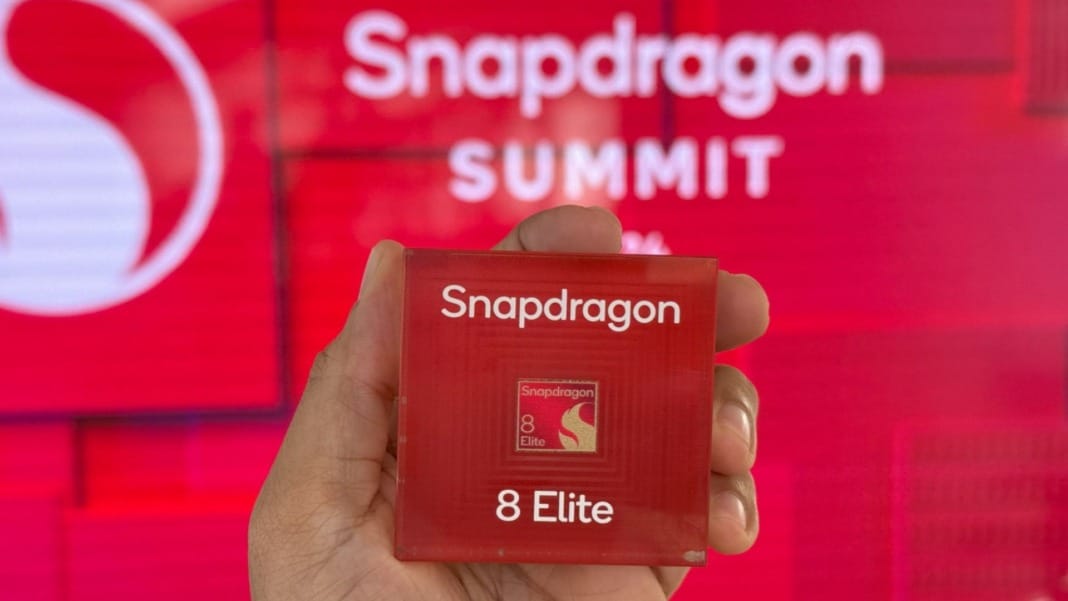Google Messages is stepping up its efforts to protect you from the annoyance of spam messages, particularly job-seeking and package delivery scams, which are becoming increasingly common. The messaging app also introduces a new Sensitive Content Warning feature, designed to blur images that may contain nudity, enhancing your control over what you see and share.
Tackling spam messages head-on
Spam texts are a nuisance. They often try to lure you with fake job offers or claim that package delivery is on hold, all to steal your personal information. To address this, Google Messages is rolling out an upgraded scam detection system, which will be available first to users of the app’s beta version. This improved feature aims to identify and filter out fraudulent messages more effectively than before.
Google Messages has moved suspected spam texts to a spam folder or displayed a warning when a suspicious message is detected. This system works using on-device machine learning models, meaning Google doesn’t see your conversations unless you choose to report a message. This latest upgrade promises to do an even better job of sorting through potential scams, ensuring fewer harmful messages slip through the cracks.
If you’re not a beta user, now might be the time to consider signing up. This feature could be crucial in helping you avoid falling victim to scams.
Protecting your privacy with Sensitive Content Warnings
In addition to combating spam, Google Messages is introducing the Sensitive Content Warning feature. This optional feature scans images for nudity and blurs flagged images before viewing them. If an image is detected to contain nudity, you will see a “speed bump,” which includes resources and options to help you decide whether or not to view the content.
All scanning is done on your device, which means that Google cannot see the contents of your images and that they are not sent anywhere. Importantly, this feature doesn’t interfere with the end-to-end encryption already available with Rich Communication Services (RCS) messaging, ensuring your privacy is maintained.
Apple’s Messages app introduced a similar feature with Communication Safety in iOS 17, but Google’s approach avoids some of the more controversial aspects, such as broader scanning and alerts. The Sensitive Content Warning will be enabled by default for users under 18, and it is expected to roll out to devices running Android 9 and higher in the coming months.
Further improvements on the way
Aside from scam detection and content warnings, Google Messages is working on additional features to keep your inbox clean and secure. One upcoming feature will automatically hide messages from unknown international numbers, a common source of spam. Additionally, warnings will appear when you receive a message containing a potentially dangerous link, giving you extra protection against phishing attempts.
Looking ahead to next year, Google has also announced plans to introduce a “contact verifying” feature for Android. This will allow you to verify the identity of your contacts using a public key system, which is expected to work similarly to the contact verification feature that Apple added to iMessage a few years ago.
With these updates, Google Messages aims to provide more robust protection against unwanted messages and privacy breaches, ensuring that you can communicate safely and securely.





